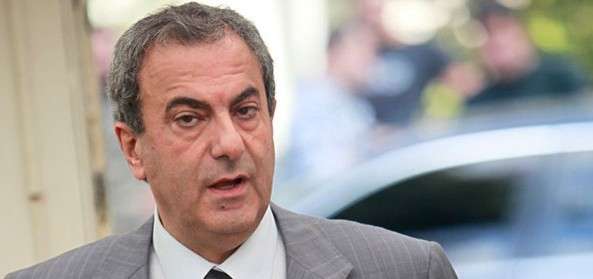
Congratulations from khazen.org to Dr. Cheikh Farid Elias el Khazen for being nominated as the Lebanese Ambassador at the Vatican
علمت "النشرة" أن "مجلس الوزراء عيّن النائب فريد الياس الخازن سفيراً للبنان في الفاتيكان".
|
Khazen History
Historical Feature: Churches and Monasteries of the Khazen family St. Anthony of Padua Church in Ballouneh
Population Movements to Keserwan - The Khazens and The Maans ما جاء عن الثورة في المقاطعة الكسروانية ثورة أهالي كسروان على المشايخ الخوازنة وأسبابها
Growing diversity: the Khazin sheiks and the clergy in the first decades of the 18th century Historical Members:
|
||||||||||||||||